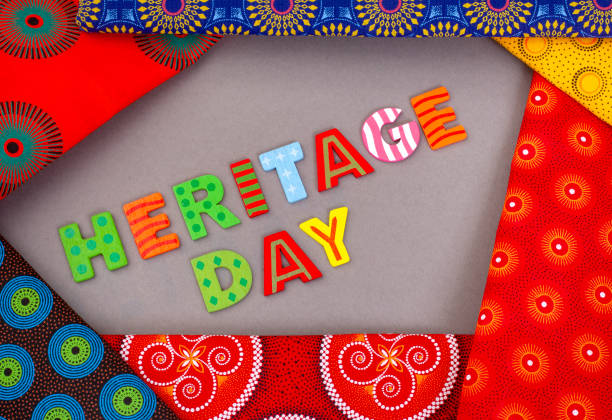Heritage Day is a beloved and cherished holiday in South Africa. The weather is warm, families are together, and everyone is cooking their favourite family meals. Heritage Day definitely brings about a sense of unity and pride, but what we don’t consider is that Heritage Day doesn’t only have to be a personal feat.
Businesses can elevate their brand messaging and inclusivity by incorporating heritage into their everyday operations. It will not only allow for a more inclusive and comfortable environment, but will also allow for personal and professional growth on all levels.
By adding locality to your brand, you can provide a platform for your heritage to take stage front and centre, which ultimately instils a sense of pride in those who work for you and support you.
Heritage can help your business flourish
Heritage Day presents an opportunity to celebrate and acknowledge the diverse cultures, beliefs and traditions that exist in South Africa. It is also a beautiful reminder about where we came from and how far we have come. As an NPO, Relate Bracelets draws on inspiration from South Africa’s heritage often, whether it is in the form of supporting conservation efforts to protect our wildlife, or by supporting efforts to keep our oceans clean.
“Looking at our country’s vast cultural heritage is a driving force for us,” says Dalit Shekel, CEO of Relate Bracelets. “We learn so much from our past, and by drawing on that knowledge, we are able to move forward and inspire future generations.”
One of Relate Bracelets’ beneficiaries is Ikamva Labantu, an organisation that supports the elders (Gogos) in surrounding communities. The Gogos play a crucial role in the beading process, handcrafting the bead rolls that form the foundation of their bracelets. Their wisdom, resilience, and central role as the heart of their communities are truly inspiring. By learning from their experiences and honouring their heritage, people can empower real change that extends across many communities and organisations.
Support your employees
As a global brand, it can be difficult to not be grouped into one image. Yes, you have the support of others, but setting yourself apart and making an independent name for yourself can be a challenge. It is important to draw inspiration from your surroundings and incorporate that into your business, in order to genuinely make a name for yourself.
“Our disposition in the African continent, as CMS South Africa, informs our inclination and resonance with the pan-African ideology and diversity,” says Lindiwe Maseko, HR Manager at CMS South Africa. “Our office celebrates heritage through inclusivity, and this comes in many forms including a chef who caters to all dietary needs, a prayer room, leave over religious holidays, and more.”
By respecting your employee’s heritage, you can create a sustainable environment for everyone to grow, and through that, draw inspiration from all kinds of cultures to ensure an inclusive and safe environment.
Using local preferences to create consumer focused brand messaging
South African cuisine is a global sensation and international food lovers from around the world
Enjoy discovering Mzansi’s culinary flavours during their travels. After all, we are the nation that put malva pudding on the world map! This South African sweet treat now graces recipe books and websites worldwide.
“Our country is a treasure trove of delicious dishes,” says Chef Grant Cullingworth of Radisson Blu Hotel Waterfront. “Each one has a unique story behind its rise to fame.” Braaing for example has become a national obsession. From starters to desserts, breakfasts to suppers, South Africans are grilling up a storm. It’s little moments or local favourites like these, drawn from consumer likings that brands can use in their offerings to consumers, to let them know that they develop products with them – the consumer in mind.”
Brands should always look at what consumers love about their country, neighbourhood, workplace or local businesses, and highlight the fact that they have listened to consumer preferences in their brand offering.

